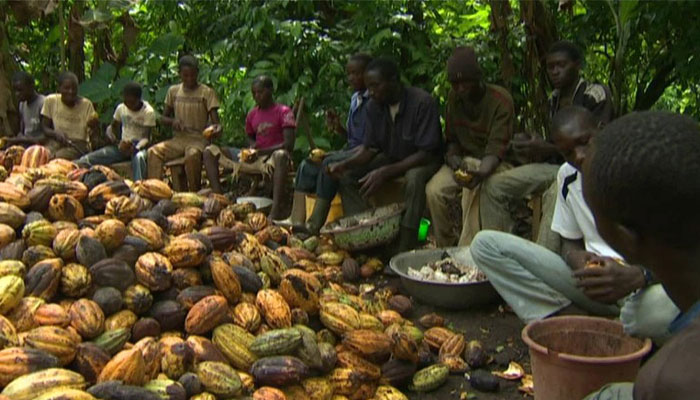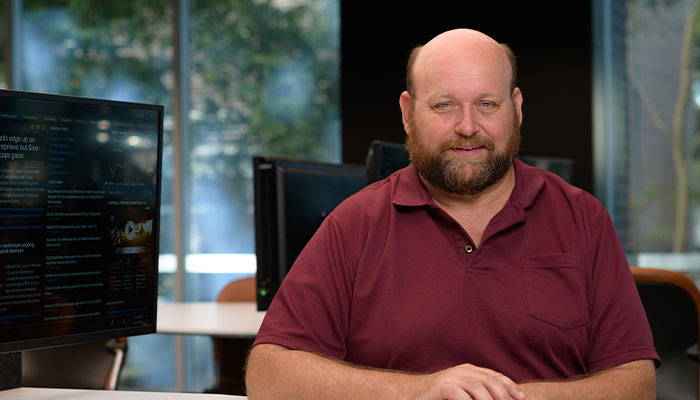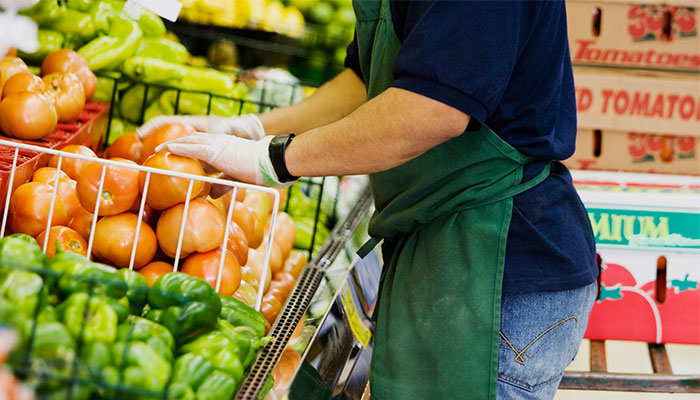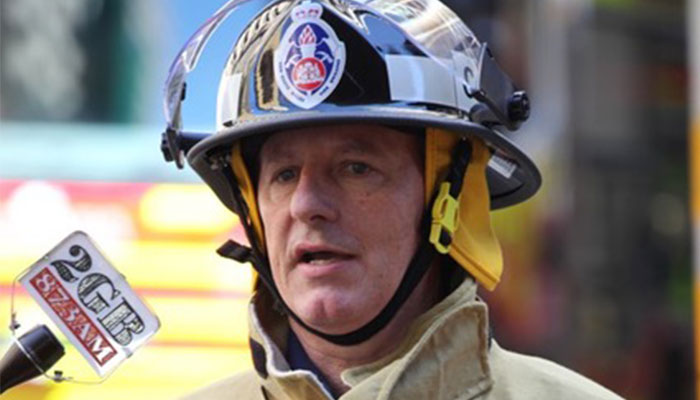Large companies may create the impression they are doing the right thing by workers and the environment when in fact their businesses may be involved in exploitative and harmful practices, a detailed case study of Swiss multinational Nestlé shows.

Dark origin: Chocolate producers who buy cocoa from the Ivory Coast have not resolved the issue of child labour, says Professor Dumay.
Professor John Dumay from Macquarie Business School says chocolate producers including Nestlé, Hershey, Mondelez (Cadbury) and Mars buy cocoa from Ivory Coast, the world’s single largest cocoa producer, where child labour and modern-day slavery is still endemic.
Nestlé, the world’s largest food manufacturer best known by many consumers for its range of chocolate products, pledged 20 years ago to reduce the environmental impact of the industry and address child labour.
“Nestlé and the other industry players have not resolved the issue,” says Dumay.
These children work long hours in dangerous environments, carrying heavy loads, exposed to agro-chemicals, clearing land and using sharp tools.
“They are overstating good news and understating bad news.”
Consumers, regulators and investors are increasingly demanding businesses respect the rights of workers in their supply chains and ensure the ways their products are produced are environmentally and socially sustainable.
In Australia, for example, starting this year, companies must disclose how they are tackling the issue of modern slavery in their supply chains under the Modern Slavery Act 2018.
- To Russian women, with love: trilogy celebrates forgotten filmmakers
- Can you really make friends with an octopus?
Dumay, who co-authored a paper with an international team to analyse how Nestlé manages public perceptions of its business, says more research and corporate-specific case studies are needed to help understand how to tackle these "wicked" problems.
“It is intriguing,” the authors say in the paper published in Critical Perspectives in Accounting, “that Nestlé can operate in the Ivory Coast with openly admitted ethical issues in its cocoa supply chain while simultaneously winning Corporate Social Responsibility awards.”
Child labourers
More than two million children under the age of 15 years old work in the cocoa industry in Ivory Coast and Ghana, Dumay’s paper says. Many are the children of farm labourers, but others are also sold to farms as bonded labourers from neighbouring Burkina Faso and Mali.

Exploitative practices: A scene from the CNN documentary Chocolate's Child Slaves ... more than two million children under 15 work in the cocoa industry in Ivory Coast and Ghana. Photo credit: CNN
These children work long hours – including night shifts – in dangerous environments, carrying heavy loads, exposed to agro-chemicals, clearing land to plant more cocoa bushes and using sharp tools.
Dumay decided to focus his research on Nestlé as a case study after he spotted an International Women’s Day feature in a national newspaper about how Nestlé was assisting impoverished women in the Ivory Coast to grow cocoa. The article did not mention child labour or slavery and was sponsored by Nestlé.
It’s up to the consumer to make a behaviour change and decide whether they want to support unethical practices.
“During our research, we found that the majority of mentions of Nestlé in the media were initiated by the company itself and that it appears to have influenced journalists for favourable press,” Dumay says. The paper, he says, examines the efforts and tactics the company uses to repair and maintain its image.
The researchers took a granular approach and analysed all of Nestlé’s Corporate Social Responsibility reports over a 15-year period. They found no use of the word 'slave' and only one use of the word 'slavery'.
The reports did refer to 'forced child labour' but disclosed little about how or what the company is doing to reduce this widespread practice.
Dumay’s team also examined the response to critical videos such as Nestlé Chocolate Brought to You by Child Slavery: Brainwash Update by the American investigative journalist Abby Martin; a CNN news documentary Chocolate's Child Slaves; and The Dark Side of Chocolate: Child Slavery — this last video had more than two million views.
Nestlé's response
Nestlé has responded with its own YouTube channel with videos to promote its Nestlé Cacao Plan initiative in the Ivory Coast. The plan involves sustainability programs such as certifying farms, improving tree-growth, building schools, educating women and helping farmers increase their income.
But this is still not nearly enough, Dumay argues, because it only impacts a little more than 30 per cent of its supply chain.
When asked for comment on Dumay’s research, Nestlé said it was the first company in the cocoa and chocolate industry to introduce a comprehensive Child Labour Monitoring and Remediation System in 2012, and has identified 80,000 children at risk and helped half of them access education.
The company reports annually about its progress in the Nestlé in Society report and the Nestlé Cocoa Plan website.
- MindSpot study shows digital mental health services are here to stay
- What is 'slacktivism' and can it change the world?
“Working together with our partners, suppliers and cocoa communities, and following a holistic approach, we truly believe we can make a difference for the cocoa farmers in our supply chain," says Margaret Stuart, Head of Corporate and External Relations, Nestlé Oceania. "We will continue to improve and expand our program to help more children and families."
Japanese company Meiji decided to pull out of Ivory Coast because of consumer pressure and now sources its cocoa elsewhere. Many other countries including Australia, produce cocoa and don’t use exploitative practices.
“It’s up to the consumer to make a behaviour change and decide whether they want to support unethical practices,” Dumay says. “But there are even questions about how sustainable and ethical the fair trade producers actually are.
"Personally, I have gone off chocolate produced by the big companies altogether since writing this report.”
Dumay suggests that if you do want to indulge in chocolate, check if the manufacturer is on this list.

Professor John Dumay (pictured) is from the Department of Accounting and Corporate Governance at Macquarie Business School. The Australian named him as the leading researcher in the country in 2020 in the field of Accounting and Taxation.



